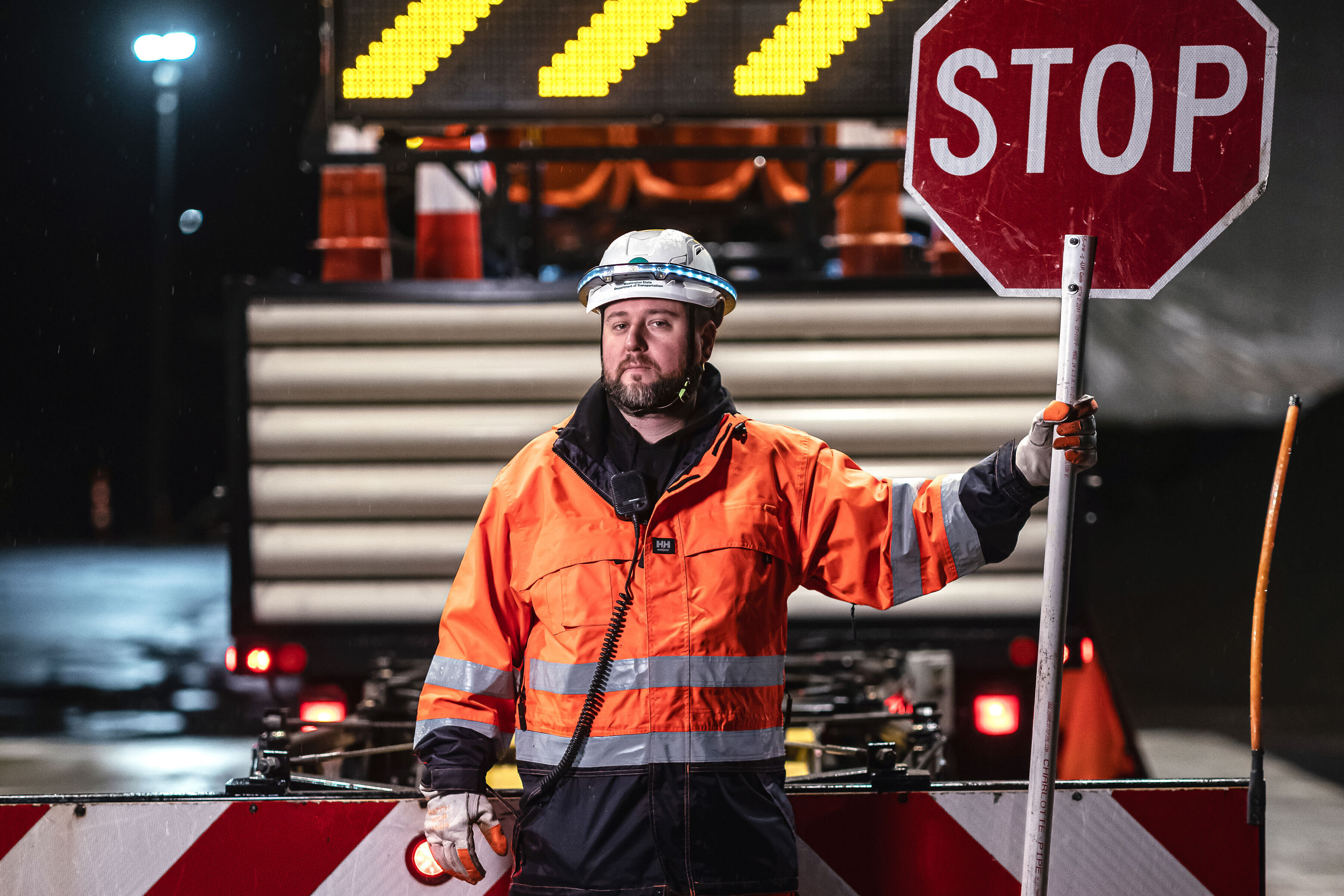On Other Blogs
Freeway Removals and Tunnel Mishaps

As if to echo the debate over the viaduct replacement here in Seattle, a pile of stories came across my desk today about highway replacements (and "replacements") around the country. Here's a roundup:
In a piece called "The End of the Road: Saying Goodbye to Freeways," NPR reports on several cities that are either tearing down highways or "talking about it," including New Orleans, New Haven, Cleveland, and Seattle. "Even the U.S. Department of Transportation, which spent decades promoting highways, recently stunned planners when it backed some freeway removal plans," NPR reports. As Seattleites can attest, however, there's a big difference between "talking about" tearing down freeways---as we've been doing here for the past seven years ---and actually doing it.
And even some of those "teardown" projects haven't necessarily improved the cities they're in, thanks in large part to state highway departments that don't support highway removal. In Cleveland, for example, the city wants to convert the West Shoreway freeway, which cuts the city off from Lake Erie, into a "slower, tree-lined boulevard," Streetsblog Capitol Hill reports . But the city has run into trouble at the state legislature, which has refused
(thanks in part to lobbying by Cleveland's suburbs) to reduce the speed limit on the state-owned highway and has thwarted efforts by the city to add crosswalks, stop lights, and other pedestrian-friendly, traffic-calming improvements.
Now, "Plans to redesign the highway with boulevard-style medians and the addition of trees are moving forward, but most of the aspects of the plan that would make the lakefront more accessible have been removed.
"Although the addition of a bike and pedestrian trail survived, since it will be located on the lakeside of the highway, even bicyclists will have to access the paths through one of the tunnels" under the freeway, the only pedestrian access points to the water.
In Boston, the Big Dig continues to make news with the revelation today that state transportation department officials kept the agency's director in the dark for a month about potentially hazardous light fixtures in the infamous tunnel. According to a front-page story in the Boston Globe :
"Transportation Secretary Jeffrey B. Mullan said he did not learn about a Feb. 8 incident in which a corroded 110-pound light crashed onto the roadway in the Thomas P. “Tip’’ O’Neill Jr. Tunnel until March 9.
"A senior aide to Mullan said that the road crew that initially cleaned up the fallen fixture treated it as road debris to be disposed of, apparently not appreciating the public safety threat posed by heavy falling objects in a tunnel used by more than 100,000 vehicles daily. No vehicle was damaged, but an internal inspection of light fixtures, conducted largely without Mullan’s knowledge, found about 300 that showed signs of corrosion where they are attached to the tunnel ceiling."
Infrastructurist asks, "Is removing a major road really a good idea?" and concludes, basically, yes. Although redevelopment hasn't happened as quickly as every city that has removed a freeway has hoped (Milwaukee is one example), the cost savings and economic opportunity have universally been "significant."
Another benefit of freeway removal is that, contrary to what freeway boosters fear, it often creates better traffic flow. Infrastructurist explains, citing a 2009 article from Scientific American:
Simply put, drivers stop selfishly racing for the easiest route:The solution hinges on Braess’s paradox, [computer scientist Michael] Gastner says. “Because selfish drivers optimize a wrong function, they can be led to a better solution if you remove some of the network links,” he explains. Why? In part because closing roads makes it more difficult for individual drivers to choose the best (and most selfish) route. In the Boston example, Gastner’s team found that six possible road closures, including parts of Charles and Main streets, would reduce the delay under the selfish-driving scenario. (The street closures would not slow drivers if they were behaving unselfishly.)
Finally, closer to home, Seattle Transit Blog has a visual aid (above) for surface/transit/I-5 supporters in Seattle. The upshot: Surface/transit/I-5 has more transit, and less highway, than any other option.




